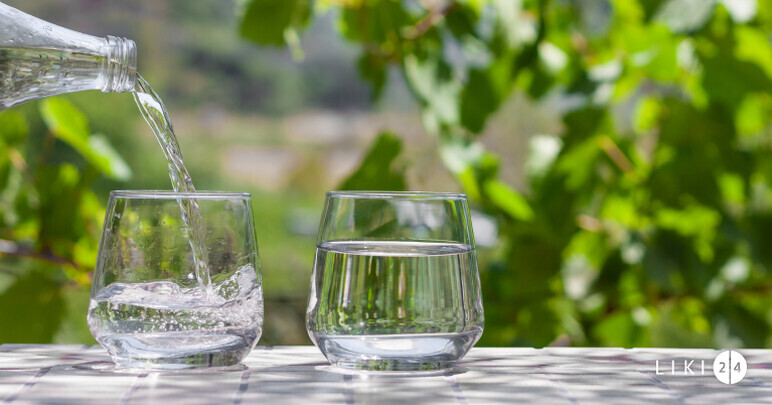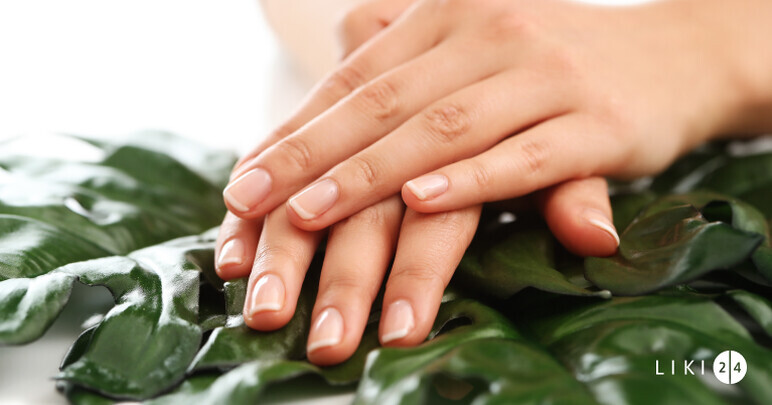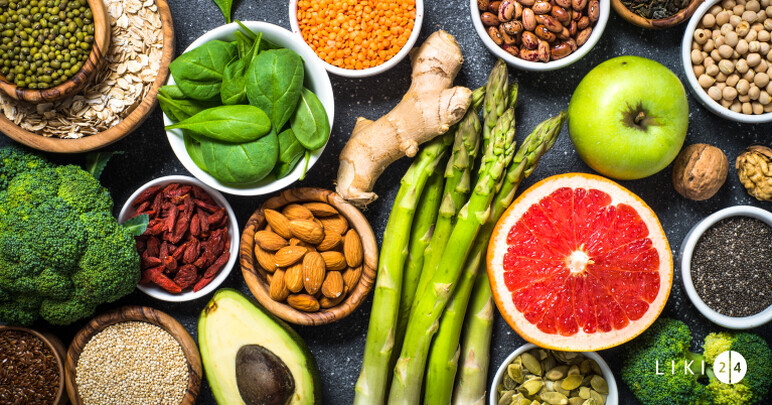Obligeane, 70 capsules, Favisan
Calamus
Description Calamus
The information in the FAQ section was created by the Liki24.co.uk team and is based on the official manufacturer's manual
Calamus (Acorus calamus) is a plant with various medicinal uses. It is best known for its benefits to the digestive system. It stimulates gastrointestinal secretions, has a diuretic effect, aids digestion and contributes to the proper functioning of the gallbladder.
Forms of release
Calamus is available in several forms as a remedy:
- Calamus root tea;
- Calamus tincture;
- Calamus supplements in capsules;
- Calamus essential oil.
Calamus tea is usually obtained from the rhizomes of the Calamus plant.
Indications for use
This plant contains several compounds with important benefits for the body – sterols, saponins, alkaloids, essential oils. These have analgesic, anti-inflammatory, tonic, antibacterial, antispasmodic, anxiolytic and antidepressant effects. There is thus a longer list of benefits of Calamus. Calamus is especially recommended for gastrointestinal problems, including Calamus tea for Helicobacter. It helps relieve digestive problems such as flatulence and indigestion. It stimulates gastrointestinal secretions, has a diuretic effect, regulates gastric acid, protects the gallbladder and acts as a gastric dressing in cases of ulcers. It is also considered to have a calming effect on the nervous system, may have an antidepressant effect, helps restore hormonal balance, stimulates blood circulation, reduces blood pressure, has an analgesic effect and may help increase appetite.
Dosage and administration
The doses of Calamus treatments vary depending on the type of product and form of use. In the case of teas, consume 2 cups per day, half an hour before meals. Prepare Calamus tea by infusion – 1-2 teaspoons of dried and crushed plant in 250 ml of water, left to infuse for 10-15 minutes. Obigeana tincture is taken in a dose of approximately 20 drops twice a day, diluted in water, before meals.
Obigeana can also be used for local baths and poultices. In addition, obigeana juice can be prepared by cold maceration, decoction or aromatic wine with obigeana root. Obigeana powder can also be used sublingually.
Contraindications
There are some contraindications for Calamus tea or other products containing Calamus. Do not consume if you are allergic or intolerant to this plant. Calamus is not usually recommended during pregnancy and breastfeeding, for children, in cases of epilepsy or liver problems.
Interactions with other medicines and foods
Calamus may interact with sedatives, anti-inflammatory drugs, blood pressure medications, antihistamines, some antidepressants, Alzheimer's medications, or antacids. Always consult your doctor before starting any herbal treatment. There is no clear information on the interactions of this plant with food, but it is always advisable to consult your doctor.
Side effects
When used in excess, Calamus can be toxic and affect the nervous system, causing hallucinogenic effects. It can also cause irritation of the digestive tract in some cases. These effects are usually related to excessive doses. When used in the recommended doses and according to the doctor's recommendations, Calamus is considered safe.
Overdose
Overdose of Calamus can lead to symptoms such as nausea, vomiting, diarrhoea and, in severe cases, can affect the nervous system.
Storage
Store products containing Calamus in a dry place away from heat.
List of references
Question-Answer
Does Calamus affect driving ability?
Can calamus oil be consumed?
Fennel tea or fennel tea?
Fennel tea or chamomile tea?
Can I use anise for a sluggish stomach?
Is Calamus good for stress and agitation?
Features
| Category | Vitamins and Supplements, Healthy digestion, Bloating and Colic, Anti-Constipation, Tinctures, Beauty and Care, Diet and Nutrition, Organic Products, Drinks, Teas, Aromatherapy, Essential oils, For Home |
| Brand | AdNatura, Bionovativ, Dacia Plant, Fares, Faunus Plant, Favisan, Larix, Stef Mar Valcea |
| Product type | Capsules, Oil, Solution |































